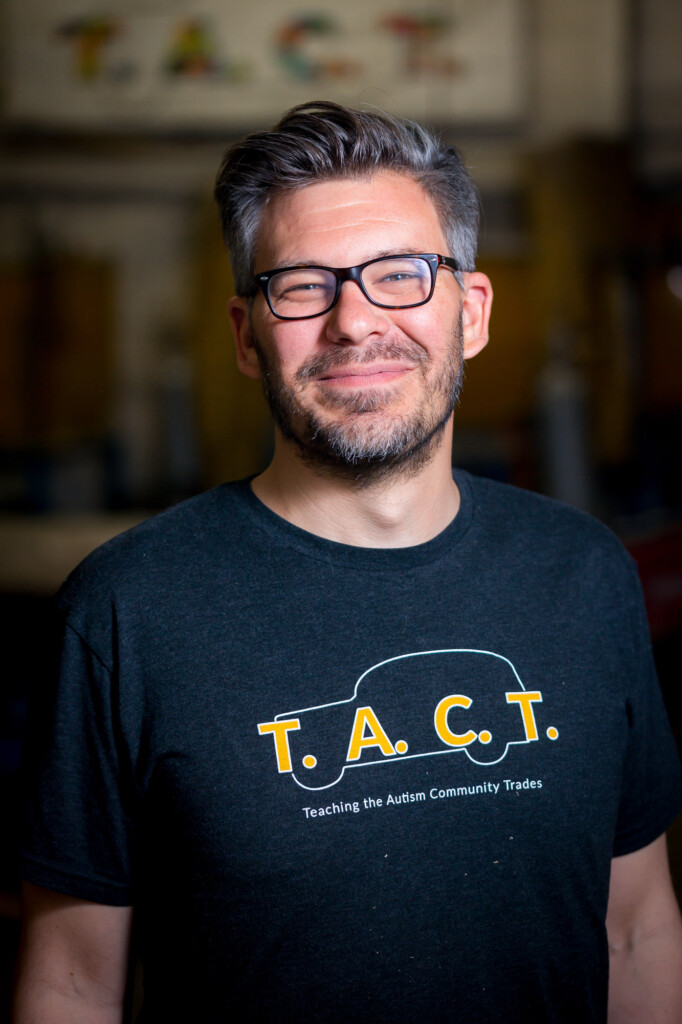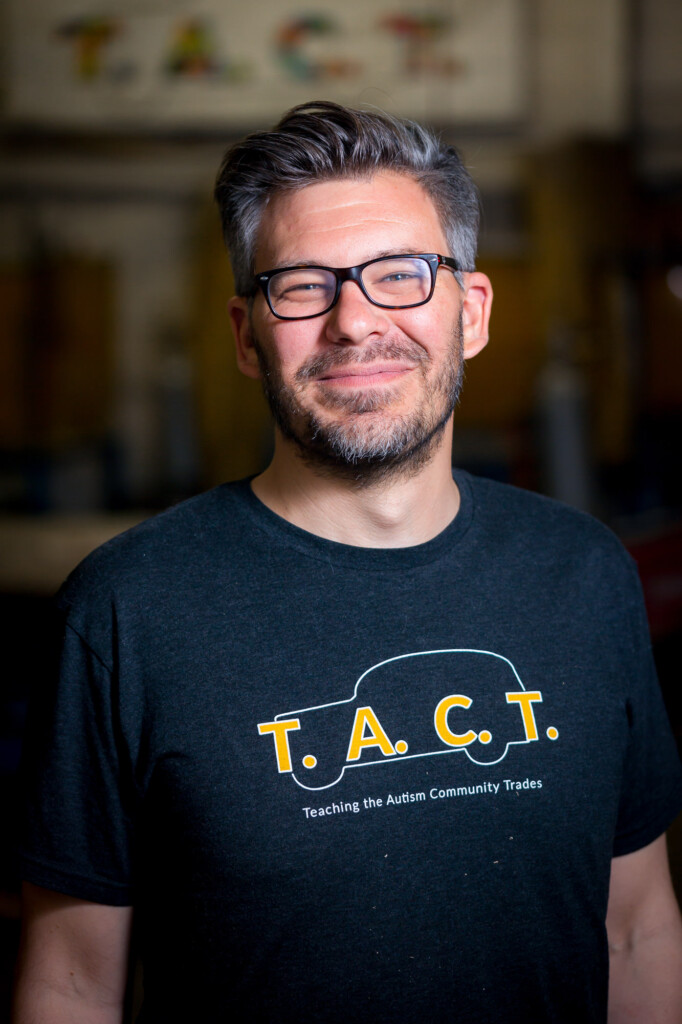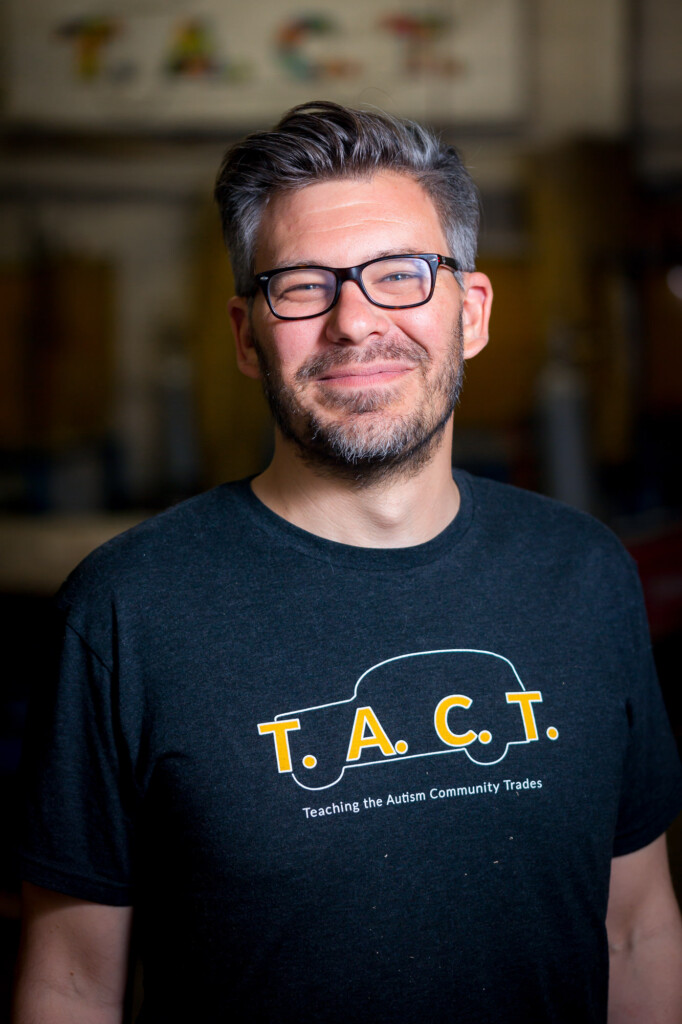Loyal. On task. Reliable. HR and Business owners — Do you want those qualities in employees? In the realm of employment, the conversation around diversity has expanded to encompass the spectrum of neurological differences. Neurodiversity embraces differences in brain function and behavior as a natural manifestation of humanity’s variety rather than viewing them as wrong or problematic. Neurodiversity, including autism, ADHD, dyslexia and more, is increasingly being hailed not just as an aspect of workplace inclusivity but as a strategic advantage in fostering loyalty, optimizing task time and enhancing overall reliability among employees.
READ: 5 Benefits of Hiring Neurodiverse Talent
At its core, neurodiversity represents a paradigm shift, challenging traditional perceptions of neurological differences as mere deficits. Instead, it reframes these variances as natural variations within the human brain, each with its unique strengths and capabilities that can profoundly benefit businesses.
One of the standout advantages neurodiverse individuals bring to the table is their remarkable loyalty to their work and employers. Research has shown that employees who feel genuinely valued and accommodated for their unique abilities tend to display higher levels of loyalty to their organizations. Neurodiverse individuals, when provided with an inclusive and supportive work environment, often reciprocate with immense dedication and loyalty.
Accommodations that support neurodiversity, such as flexible work schedules, quiet spaces or alternative communication methods, not only cater to the specific needs of neurodiverse individuals but also foster an atmosphere of inclusivity that encourages loyalty and commitment.
Moreover, the unique cognitive styles prevalent among neurodiverse individuals contribute significantly to optimizing task time within the workplace. For instance, individuals with ADHD might possess hyper-focus, allowing them to delve deeply into tasks they find engaging, resulting in exceptional productivity during those periods of intense concentration. Conversely, individuals on the autism spectrum often exhibit an eye for detail and pattern recognition, which can be invaluable in tasks requiring meticulous attention.
Harnessing these diverse cognitive approaches and providing opportunities for individuals to excel in tasks aligned with their strengths can increase team efficiency and innovation. By recognizing and leveraging these distinct cognitive styles, businesses can effectively capitalize on the collective strengths of their neurodiverse workforce, leading to more effective and time-efficient task completion.
READ: 7 Reasons to Embrace Neurodiversity in the Workplace
Additionally, the reliability of neurodiverse employees can be a substantial asset to organizations. Contrary to misconceptions about consistency and reliability, neurodiverse individuals can demonstrate remarkable reliability when provided with environments that accommodate their unique needs. Once established within a supportive framework, they often show a strong dedication to routines and tasks, contributing to consistent and dependable work output.
Employers who invest in understanding and accommodating the needs of neurodiverse employees often witness a significant improvement in overall reliability. Clear communication channels, structured routines and well-defined expectations create an environment where neurodiverse individuals thrive, leading to enhanced reliability and consistency in their work performance.
Moreover, the presence of neurodiverse individuals in the workforce promotes a culture of acceptance, diversity and innovation. When employees witness an inclusive environment that celebrates differences and encourages the leveraging of diverse strengths, it fosters a sense of belonging and camaraderie among team members. This inclusive culture not only attracts top talent but also cultivates a workplace where individuals of all neurotypes feel empowered to contribute their unique perspectives, leading to more creative problem-solving and innovative ideas.
The integration of neurodiversity in the workplace presents an opportunity for businesses to tap into a pool of unique talents and strengths. By acknowledging and accommodating diverse cognitive styles, organizations can unlock the competitive advantages of heightened loyalty, optimized task time and enhanced reliability among their workforce. Embracing neurodiversity isn’t just a matter of inclusivity; it’s a strategic move that fosters a dynamic and innovative workplace culture, ultimately propelling businesses toward greater success and sustainability in the modern landscape of employment.
 Danny Combs is a leading voice in creating equitable futures for neurodistinct individuals in business. Mr. Combs is the founder of TACT (Teaching the Autism Community Trades), the state of Colorado’s leading transition to employment and training organization, and the co-founder of the Colorado Neurodiversity Chamber of Commerce, the first neurodiverse chamber in the country. Danny has brought together almost 100 businesses to build better opportunities, pay, and career advancement for neurodistintic individuals. His organizations have raised over $5 million in funding to create scholarships to serve all socioeconomic classes.
Danny Combs is a leading voice in creating equitable futures for neurodistinct individuals in business. Mr. Combs is the founder of TACT (Teaching the Autism Community Trades), the state of Colorado’s leading transition to employment and training organization, and the co-founder of the Colorado Neurodiversity Chamber of Commerce, the first neurodiverse chamber in the country. Danny has brought together almost 100 businesses to build better opportunities, pay, and career advancement for neurodistintic individuals. His organizations have raised over $5 million in funding to create scholarships to serve all socioeconomic classes.



